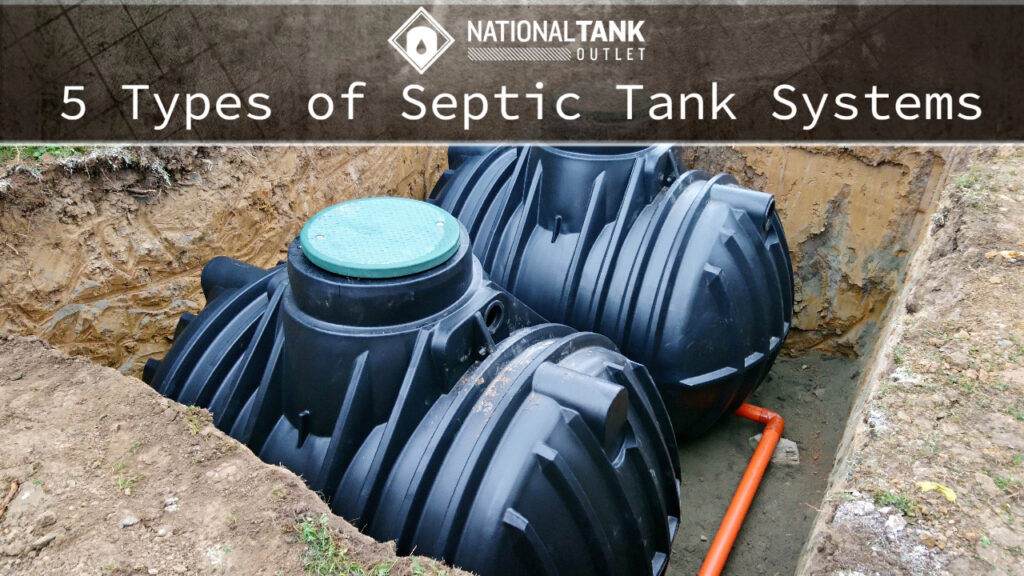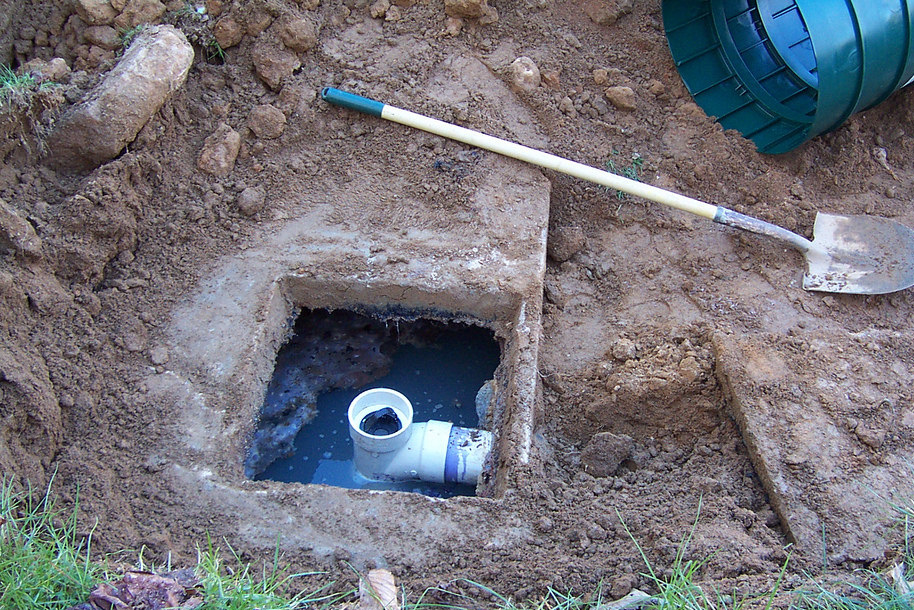Expert Providers in Septic Tank Pumping Rome GA: Your Trusted Local Companies
Wiki Article
The Art of Sewage-disposal Tank Solutions: Specialist Tips and Methods for Optimal Performance and Sustainability
Are you struggling to keep your sewage-disposal tank running smoothly? Discover the secrets to ideal efficiency and sustainability in this specialist guide. Learn why normal upkeep is important, understand the role of bacteria, and stay clear of usual errors that can cause expensive repair work. With professional ideas on appropriate pumping and lasting practices, you'll be geared up to maintain your septic storage tank working flawlessly for the lengthy term. Prepare yourself to understand the art of sewage-disposal tank solutions.Why Routine Upkeep Is Vital
Normal maintenance is a necessary need for ensuring the ideal performance and sustainability of your septic tank system. By consistently preserving your septic system, you can protect against potential issues prior to they become expensive and troublesome troubles (septic tank pumping rome ga). When you overlook upkeep, your septic system can become overwhelmed with solid waste and sludge, causing clogs, backups, and even system failing
Regular maintenance includes a couple of key tasks that must be carried out on a routine basis. Initially, you need to have your tank pumped routinely, commonly every three to 5 years, depending on the size of your household and the container's capability. Pumping eliminates the built up solids and stops them from clogging the drainpipe field. Furthermore, it is essential to evaluate the tank and its components for any type of indications of damage or wear. This includes monitoring for leaks, cracks, or tree origin invasions that can jeopardize the system's integrity.
Comprehending the Role of Microorganisms
To make certain optimal efficiency and sustainability of your septic system system, it is vital to understand the critical function that germs play in its operating. Bacteria are the unhonored heroes of your sewage-disposal tank, as they are responsible for damaging down the solid waste and transforming it into fluid form. This procedure is referred to as digestion, and it is important for the appropriate functioning of your septic tank.Inside your sewage-disposal tank, there are two sorts of microorganisms at job: anaerobic and cardio bacteria. Cardiovascular microorganisms call for oxygen to thrive and endure, and they are accountable for damaging down the raw material in the presence of oxygen. On the various other hand, anaerobic bacteria do not require oxygen and are in charge of damaging down the natural matter in the absence of oxygen.
Both kinds of microorganisms interact to ensure the effective disintegration of waste in your septic storage tank. They break down the solid waste into sludge, which then resolves at the base of the storage tank. The remaining liquid waste, called effluent, is then released right into the drain area for more treatment and purification.
Without these germs, your septic system would rapidly come to be overloaded with strong waste, bring about obstructions, back-ups, and potential system failure. For that reason, it is vital to preserve the right balance of microorganisms in your septic system by avoiding extreme use antibacterial items and periodically including microbial ingredients to promote their development.
Preventing Typical Septic Storage Tank Mistakes
Maintaining the correct equilibrium of germs in your septic tank is essential to prevent common errors that can lead to system failure. These products can block the system and disrupt the natural failure of waste by the microorganisms.One more blunder to prevent is making use of rough chemicals or cleaners that can eliminate the useful microorganisms in your sewage-disposal tank. These bacteria play a vital duty in damaging down solid waste, so it is necessary to use septic-safe cleansing items and prevent pouring chemicals down the drain.
Overlooking regular upkeep is another usual error that can result in sewage-disposal tank problems. It is critical to have your tank pumped routinely to eliminate gathered sludge and prevent it from overflowing or creating damage to the drainpipe field. In addition, having your storage tank inspected regularly can help recognize any possible issues prior to they become significant problems.
Finally, excessive water usage can overload your septic tank and cause it to fall short. Bear in mind your water intake and prevent running numerous appliances simultaneously or taking excessively lengthy showers. By avoiding these usual errors and taking appropriate care of your septic tank, you can guarantee its optimum performance and prevent pricey repair services in the future.
Tips for Correct Septic Container Pumping
- To make certain optimum performance and long life of your septic tank, comply with these 3 crucial pointers for correct pumping.
First of all, it is important to arrange regular septic container pumping. Specialists suggest having your tank pumped every 3 to 5 years, depending on the dimension of your family and the usage of water (septic tank pumping Extra resources rome ga). Normal pumping eliminates built up sludge and prevents it from obstructing the drain field, making certain the effective functioning of your septic tank
Secondly, it is essential to work with an expert septic system pumping solution. A professional will certainly have the needed equipment and competence to pump your tank properly and safely. They will certainly likewise inspect the storage tank for any look what i found indicators of damage or leakages, enabling very early detection and avoidance of prospective troubles.
Prevent purging non-biodegradable items, such as wipes or feminine health products, down the toilet. Additionally, be mindful of too much water usage and consider mounting low-flow fixtures to decrease stress on your septic system.
Lasting Practices for Long-Term Efficiency
For long-term performance, it is necessary to take on lasting practices that will optimize the functioning of your septic system. By applying these techniques, you can ensure the long life and efficiency of your septic system.First of all, routine maintenance is vital. Set up regular inspections and pumpings to stop any accumulation of sludge and scum. This will help maintain the proper balance of bacteria within the tank and prevent clogging or overflow concerns.
Second of all, bear in mind what you purge down the tubes. Prevent dealing with non-biodegradable items, such as diapers, wipes, or feminine health items, as they can create obstructions and damage to the system. Additionally, limit using rough chemicals, such as bleach or anti-bacterial soaps, as they can interrupt the bacterial balance within the tank.

Moreover, secure the drain field location. Prevent parking lorries or putting heavy objects over the drainpipe field, as this can portable the soil and restrict its ability to take in wastewater properly. Growing grass or shallow-rooted plants can assist absorb excess wetness and give natural purification.
Conclusion

You ought to have your storage tank pumped on a regular basis, commonly every 3 to 5 years, depending on the dimension of your house and the container's ability.To make certain optimum efficiency and sustainability of your septic container system, it is vital to recognize the critical duty that microorganisms play in its operating.Inside your septic container, there are 2 types of germs at work: cardiovascular and anaerobic microorganisms.Both types of microorganisms function with each other to make sure the effective decomposition of waste in your septic tank.Keeping the correct equilibrium of germs in your septic storage tank is vital to prevent typical mistakes that can lead to system failure.
Report this wiki page